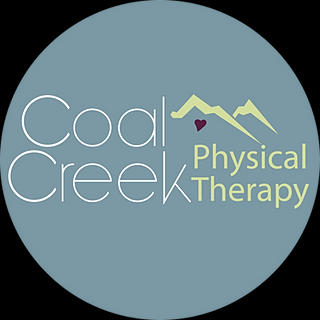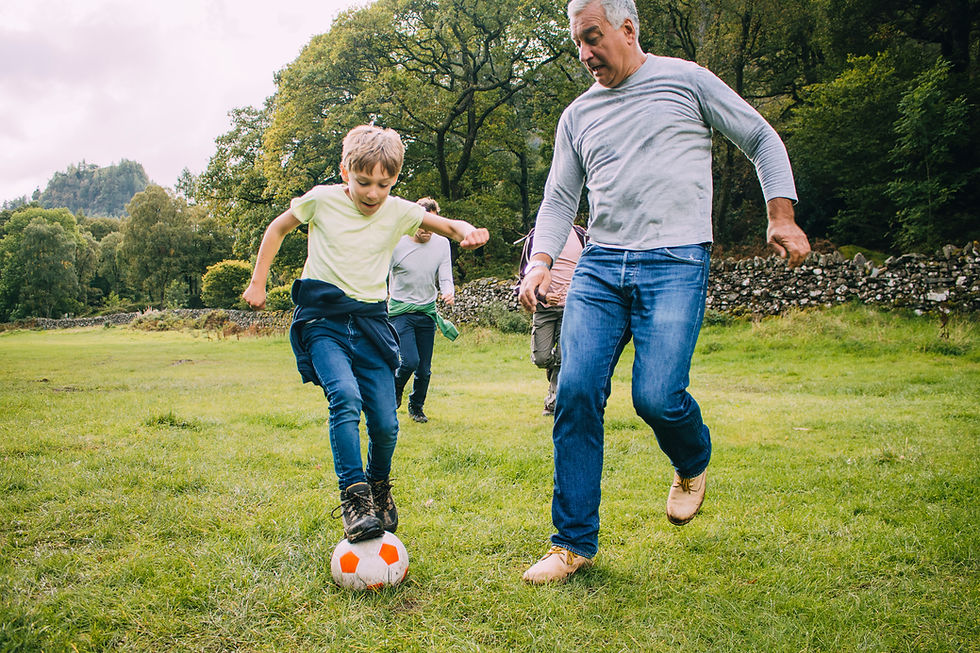Preventing Overuse Injuries in Young Athletes
- Coal Creek PT
- Dec 11, 2018
- 2 min read
Sports are known to be beneficial for the developing child. It helps teach good habits for exercise to improve physical health. Physical activity and being a part of a team are also known to improve mental health. Sports can teach kids discipline, time management, and many other amazing qualities.

Children are beginning to specialize in a particular sport at younger ages. We have all heard that practice makes perfect, so it seems to make sense that more practice of a sport leads to improvements in performance. While more practice can help develop skills, too much of the same practice places repetitive stresses on the body. Over time, these stresses resulting from repetitive movements can lead to overuse injuries preventing children from continuing to train and compete at their highest level. Young bodies are more susceptible to these kinds of injuries due to rapidly growing muscles and bones.
There are many ways to help prevent overuse injuries from occurring. Here are a few tips…
1. Rest
- It is very important to give our bodies a break. Children should have at least 1 day per week off from organized sports.
- Children should also have at least 3 months off from a single sport throughout the year. This does not have to be consecutive time off but rather should be the total time off from each sport.
2. Cross training
- Other forms of activity are very beneficial for children to keep moving and exercising while helping to prevent overuse injuries. Try cross training a couple days a week. Activities like swimming, biking, and elliptical training are some great options!
If your child is experiencing pain during or after practice or games, they may have an underlying overuse injury. Bring them in for an evaluation with one of our Physical Therapists. We can help strengthen supporting muscles and train proper mechanics to allow your child to return to their sport without pain. Let’s get them back to the life they love of training hard and having fun!
Katee Wensinger, SPT









Comments